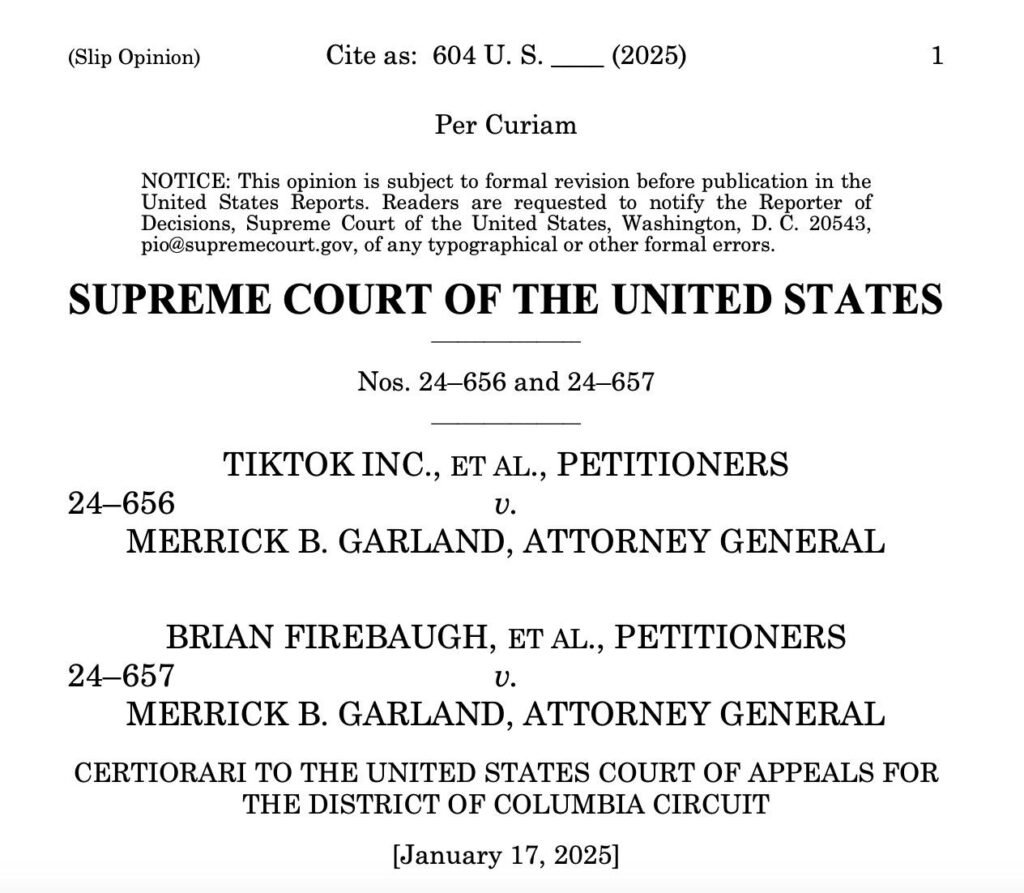China, as one of the most attractive destinations for foreign investment worldwide, offers broad investment opportunities to foreign investors. However, to ensure the legality and compliance of investment activities, foreign investors should first determine whether their intended investment falls under the Special Administrative Measures for Foreign Investment (the “Negative List”) issued by the Chinese government. The Negative List system sets specific industry access thresholds and restrictions for foreign investment and represents a crucial step that must be carefully examined before entering the Chinese market.

I. Laws and Regulations
1. Foreign Investment Law and Its Regulations
Foreign Investment Law of the People’s Republic of China (Promulgated in January 2019, effective January 1, 2020)
Article 4 stipulates “The state implements the management system of pre-establishment national treatment plus a negative list for foreign investment.”
- This provision establishes the central role of the Negative List in the foreign investment.
Article 36 stipulates“If a foreign investor invests in a field prohibited by the negative list, the competent authorities shall order the investor to cease the investment activities, and set a deadline for disposing of shares and assets or taking other necessary measures to restore the situation to the state before the investment; any illegal gains shall be confiscated.
If the foreign investor’s investment activities violate the restrictive measures set forth in the negative list, the competent authorities shall order corrections within a prescribed time limit and take necessary measures to meet the requirements of the special administrative measures for access. If no correction is made within the prescribed time limit, the investment shall be handled in accordance with the preceding paragraph.
In addition to handling violations in accordance with the preceding two paragraphs, foreign investors who violate the provisions of the negative list shall bear corresponding legal liabilities as prescribed by law.”
- This clearly indicates that investments not in compliance with the Negative List will face administrative penalties and operational restrictions.
Regulations for Implementing the Foreign Investment Law of the People’s Republic of China (Effective January 1, 2020)
Article 4 stipulates “The negative list for foreign investment access (hereinafter referred to as the negative list) shall be proposed by the competent investment department of the State Council, together with the competent commerce department of the State Council and other relevant departments. It shall be reported to the State Council for promulgation or approval, and then published by the competent investment and commerce departments.
The state may adjust the negative list in due course according to the need to further open up and promote economic and social development. The procedures for adjusting the negative list shall be subject to the provisions of the preceding paragraph.”
- This further clarifies the legal nature, issuing authority, and the dynamic adjustment mechanism of the Negative List.
Article 33 stipulates “Foreign investors shall not invest in fields prohibited by the negative list. For fields restricted by the negative list, foreign investors shall comply with the restrictive special administrative measures, such as equity requirements and requirements on senior management.”
Article 34 stipulates “Where foreign investors intend to invest in fields included in the negative list but do not meet the requirements of the negative list, the competent authorities shall not handle the relevant matters such as licensing, enterprise registration, etc. If the investment involves the approval of fixed-asset investment projects, the relevant approval matters shall not be handled.
The competent authorities shall strengthen supervision and inspection of the implementation of the negative list. Where it is found that foreign investors have invested in fields prohibited by the negative list or their investment activities violate the restrictive special administrative measures of the negative list, the authorities shall handle it in accordance with Article 36 of the Foreign Investment Law.”
- This further clarifies the regulatory approach to prohibited and restricted investments.
2. Special Administrative Measures for Foreign Investment (Negative List)
The Negative List is regularly issued and updated by the National Development and Reform Commission (NDRC) and the Ministry of Commerce (MOFCOM) under the authorization of the State Council. It imposes special administrative measures, including both prohibited and restricted categories, on certain industries and fields for foreign investment.
Issuing Authority and How to Check the Negative List
(1) Issuing Authority
The Negative List is jointly released by the National Development and Reform Commission and the Ministry of Commerce. This reflects China’s mechanism of formulating and adjusting entry policies for foreign investment jointly by macroeconomic management authorities and foreign trade authorities to adapt to changes in domestic and international economic conditions.
(2) Access Channels
Ø NDRC Official Website: http://www.ndrc.gov.cn
Ø MOFCOM Official Website:http://www.mofcom.gov.cn
Ø State Council Gazette and Official Database: https://www.gov.cn/gongbao
When checking, ensure that you are reviewing the most recent version of the Negative List, as China continuously updates and adjusts foreign investment access policies in line with economic development and market opening.
Latest Version: Special Administrative Measures for Foreign Investment (Negative List) (2024 Edition) (Effective from November 1, 2024)
https://zfxxgk.ndrc.gov.cn/web/iteminfo.jsp?id=20435
https://www.gov.cn/gongbao/2024/issue_11606/202409/content_6976935.html
II. Legal Consequences of Activities Not Covered by the Negative List
If the proposed investment industry or business field is not included in the Negative List, the foreign investor enjoys “pre-establishment national treatment” on par with domestic investors. This means:
1. No Special Approval Required
In this scenario, foreign investors can proceed with the standard company establishment procedures without the need for special approvals, simply registering with the market supervision department (the business registration authority).
2. Equal Treatment
For fields not listed in the Negative List, foreign investment faces essentially no difference in market entry compared to domestic investment. Foreign investors enjoy the fundamental investment environment and the rights and obligations provided under the Company Law and related industrial policies.
3. Compliance with Laws and Regulations
Although not subject to the Negative List, foreign investors must still comply with the relevant laws and regulations, including environmental protection, taxation, labor, data security, cybersecurity, industry regulation, and industry self-discipline, ensuring compliant operations in China.
III. Legal Consequences of Activities Covered by the Negative List
The Negative List generally divides restricted fields into two categories: prohibited and restricted.
1. Prohibited Investment Fields
If a foreign investment project falls within a prohibited category on the Negative List, the foreign investor is not permitted to proceed with the investment. Such investments should be ruled out at the early decision-making stage.
Legal consequences include but are not limited to:
- The investment activity is legally void. Relevant commerce and market regulation authorities will not register, record, or approve it.
- If the foreign investor has already engaged in such investment activities, the competent authorities may order a halt to the investment, require withdrawal within a specified time, and take corresponding measures regarding the implemented investment and obtained income (including fines and confiscation of illegal gains).
2. Restricted Investment Fields
If the proposed investment field falls under a restricted category on the Negative List, foreign investors may enter the field only upon satisfying certain conditions, such as establishing a joint venture, meeting equity ratio requirements, obtaining specific industry licenses, or fulfilling particular qualification criteria.
Legal consequences and requirements include:
- The investor must obtain the necessary administrative approval or licenses from the relevant authorities before establishing the enterprise.
- If the investor attempts to enter the market without meeting these conditions, it may face rejection of registration, be ordered to make corrections within a specified time, or be required to discontinue the investment activities, among other penalties.
Steps and Criteria to Check Project Approval
- According to Article 3 of the Measures for the Administration of Approval and Filing of Foreign Investment Projects (State Council Decree No. 12 of 2014), The management of foreign investment projects is divided into two methods: approval and filing. Furthermore, Article 4 states The authority and scope of approval for foreign investment projects shall be in accordance with the ‘Approval Catalogue’ issued by the State Council. Therefore, it is necessary to verify whether the project falls under the category requiring approval.
- The current catalog still in use is the Catalogue of Investment Projects Approved by the Government (2016 Edition) (State Issue [2016] No. 72). Updates, if any, will be published on the official website.
https://www.gov.cn/gongbao/content/2017/content_5157179.htm
- According to Article 11, projects in the Foreign Investment Industrial Guidance Catalogue involving a total investment (including capital increase) of USD 300 million or more in the restricted categories shall be approved by the competent investment department of the State Council. Projects involving a total investment (including capital increase) of USD 2 billion or more shall be filed with the State Council. Projects in the restricted categories with a total investment (including capital increase) less than USD 300 million shall be approved by provincial governments.
- The Foreign Investment Industrial Guidance Catalogue has now been replaced by the Special Administrative Measures for Foreign Investment (Negative List). Therefore, if the project falls under a restricted type on this list, the competent approval authority should be determined based on the project size and approval should be sought accordingly.

In Conclusion, the first step in investing in China is to determine whether the intended investment industry falls within the scope of the Negative List. By reviewing the Foreign Investment Law, its implementing regulations, and the Negative List issued by the NDRC and MOFCOM, investors can pre-assess the compliance of their investment activities. If the intended field is not listed, foreign investors can proceed with registration and normal operations according to the rules. If listed on the Negative List, investors must strictly adhere to the prohibitions or restrictions, and further determine whether the project needs approval and the authority based on the investment value. On this basis, through appropriate due diligence and staying updated on policies, foreign investors can better seize compliance opportunities and market prospects within China’s investment environment.






